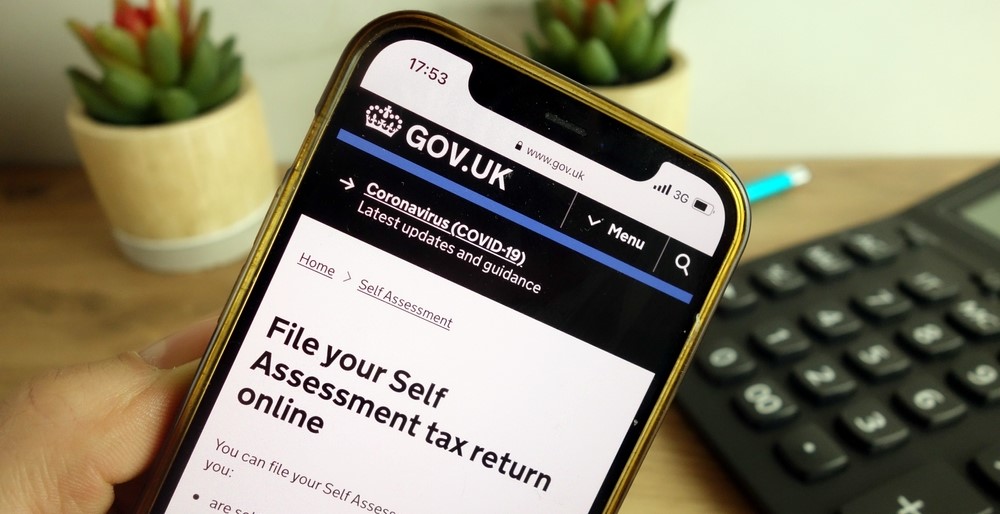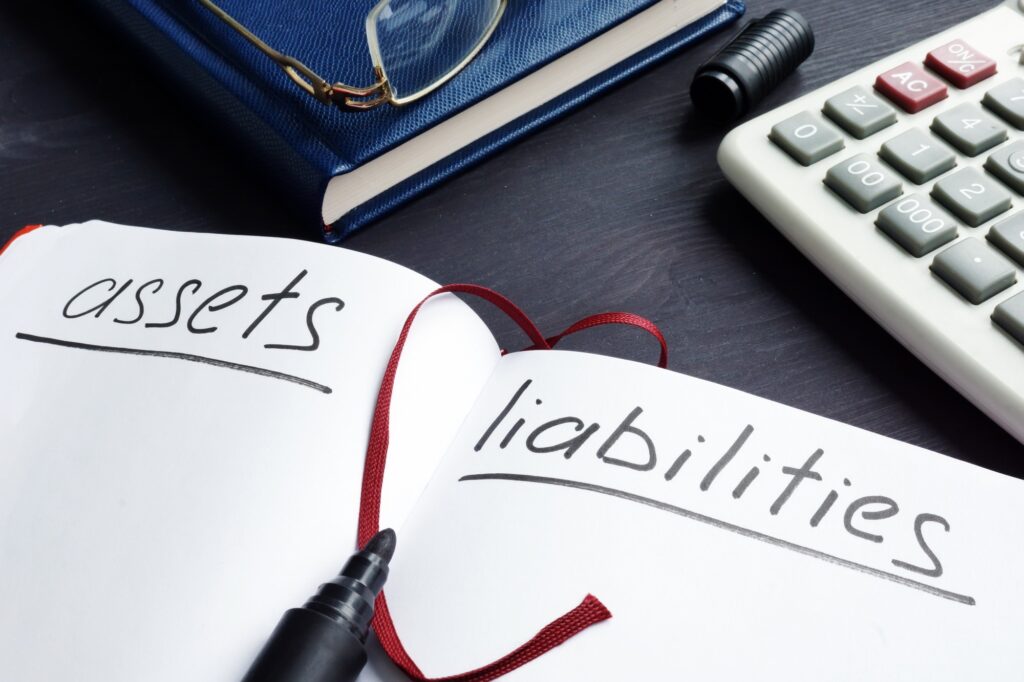
Are you taking illegal dividends?
|
|
How do you know a dividend is legal?
For dividends to be paid legally, a company needs to have sufficient distributable profits to cover the dividend on the payment date. These distributable profits can be:
👉Profits (after tax) in the current year, or
👉Profits (after tax) carried forward from previous years.
If dividends are paid when there are no distributable profits (and/or paid from other capital reserves such as loans, tax liabilities, share premiums, etc), they are considered illegal under the Companies Act 2006.
📢❕In some cases, although a company has paid dividends at a time during the year when it was in profit, the company ends up making a loss by the end of the year. In this case, the illegal dividends may only come to light when the final accounts are prepared for that period. This situation can be avoided by:
👉Preparing regular management accounts before declaring any dividend, to ensure sufficient distributable profits are available to support the payment, or
👉Keeping your accounting software up to date, if you’re a small one-shareholder company.
The tax implications of illegal dividends
If the dividend is seen to be illegal, the shareholder(s) will have to repay the amount paid; HMRC will then ‘ignore’ the dividend paid.
If a shareholder cannot repay the dividend, HMRC will reclassify this as a loan. If the shareholder is a director, it will be classified as a director loan.
If the loan is not repaid within nine months after the year end, the company will be liable to a tax charge. The percentage rate is the same rate as the higher dividend rate – 33.75%. The company pays this, not the shareholder. It will be refunded to the company when the loan is repaid. Both payments and refunds are dealt with through the corporation tax return.
The individual may also have to pay a tax charge. If the total loans from the company exceed £10,000 at any time during a tax year, the director is considered to have received a benefit in kind from their employment unless interest is paid.
What are the alternatives to paying dividends?
If cash is needed and cannot be paid via a dividend, one alternative is for the individual to be paid a salary or bonus. This comes with extra tax and NI costs – that’s why dividends are favoured. However, assuming there is money available, a salary can be paid if a company makes a loss; dividends cannot.
Other options include a blend between a salary and benefits in kind, which can be more beneficial in some instances.
If illegal dividends are discovered…
👉A note should be added to the year-end accounts, and
👉The director must immediately stop taking any further dividends until the company has accumulated distributable profits.
📢❕The information in this blog post was correct at the time of writing. Please check with your accountant for the latest information or, if you don’t have an accountant, join the Financial Resilience Hub to get access to one of ours! Alternatively, keep an eye on HMRC’s website for updates.
See also…
👉Dividends – all you need to know. This easy-to-follow, bite-sized course is free for Financial Resilience Hub members; non-members can currently buy the course for £49.99 (look out for future special offers and discounts, though😉).
ABOUT THE AUTHOR

Helen Monaghan is a Chartered Management Accountant, accredited NLP Practitioner & Finance Coach. Both a psychology graduate and an accountancy graduate, she has authored three business books, which beautifully bring together psychology, finance, and tax to empower the reader about money. Helen is the CEO of HM Finance Coaching & Advisory Ltd, a company that provides financial education and business mindset coaching to small businesses across the UK, in addition to accountancy services for limited companies in Scotland and across the UK. Helen is also the founder of The Financial Resilience Hub – find out how we can support you, and your business, to be financially resilient through our monthly membership.
© Helen Monaghan







Responses